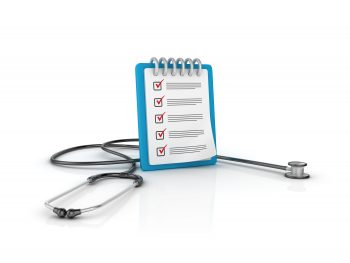What can I do to maintain a low cardiovascular risk?
Healthy habits protect your heart but maintaining them throughout life can be a challenge. Read on for suggestions on how to monitor your cardiovascular risk and keep it low.

Cardiovascular disease is the number one cause of death all over the world, including Europe. Cardiovascular-related deaths have declined in some countries due to preventive measures such as smoking bans.
Healthy behaviours will protect your heart and keep it strong throughout your life. It’s unrealistic to expect yourself to make radical lifestyle changes suddenly. To create long-lasting habits, start gradually with an easy win and stick with it. Small adjustments can bring significant benefits.
Keep a healthy weight.
- Achieving and maintaining a healthy weight has a favourable effect on blood pressure, blood cholesterol and diabetes, and lowers your cardiovascular risk.
- What and how much you eat has a big effect on heart health and is one of the best places to start. When eating out, choose healthy options and prioritize fresh fruits and vegetables.
- If necessary, allow yourself one less healthy meal a week so you stay motivated and don’t feel like you’re on a diet.
- Physical activity reduces risk in many ways. It helps control body weight, blood pressure, blood lipids and sugar levels, and makes you happier. You don’t have to get super fit. Even a small increase in exercise improves health. If you can build it up, even better! If you feel lazy, ask a friend to join you for a long walk. Try to maintain a good level of exercise on a regular schedule.
- Avoid alcohol. Alcoholic beverages should be limited to 2 glasses per day (20 g/day of alcohol) for men and 1 glass per day (10 g/day of alcohol) for women. If you don’t drink, don’t start.
- Tools like the SCORE-2 or SCORE-2 OP calculators can help assess your risk and guide you in making informed decisions about your health. Your doctor can work with you to develop a tailored plan that addresses your specific needs and goals.



